2018-10-12
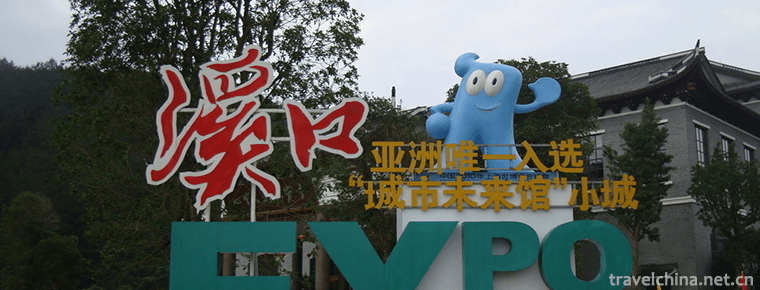
- By ChinaWiki.net
- Chinese Edition
- 2018-12-14
Fenghua District, Ningbo City, Zhejiang Province, is under the jurisdiction of the established towns, the first batch of famous national landscape tourism towns. Xikou Snow Dou Mountain Scenic Area is the first batch of national AAAAA class tourist attractions. Located 20 kilometers southwest of Ningbo City, Wuling in the east, Xuedou Mountain in the South and Xuedou Mountain in the north, with beautiful scenery surrounded by water. The total viewing area of the scenic spot is 140 square kilometers. The main scenic spots are Snow Dou Mountain and Jiang's former residence. Xikou Town was the birthplace of Chiang Kai-shek and the home of Chiang Kai-shek's father and son. It once became the command center of the National Government during the Republic of China.
According to the records of Fenghua County Records written by Qianlong in the Qing Dynasty, as early as the Zhenyuan Period of the Tang Dynasty (794), "Fan Ze, the right-handed Minister of the Tang Dynasty, was appointed as an official to live in a place where the descendants of Fan's family lived." Fanze is the ancestor of Fan's surname in Shadi Village, Xikou Town. Supervisory official Shi Fanliang, because of his incompatibility with Wang Anshi, abandoned his official and returned home to live in seclusion in Xikou Shadi Village. To Song Jingde five years (1006) Xikou village. According to the statistics of Song Baoqing, there are nearly 8,000 people in the middle of the population. Wei Qi, Prime Minister of the Southern Song Dynasty, was sent to the Kingdom of Jin under the orders of Xiaozong. He did not disgrace his mission and became a top Minister for a time. He died in Chunxi 11 years (1184). He was from Shouxian County, Anhui Province, but chose Xikou Feifengshan to bury him. It can be seen that Xikou was quite famous in the Song Dynasty. Xikou has been listed as a town in Fenghua County Chronicle of Guangxu, which was reconstructed in 1902. This is the earliest record of Xikou as a town.
Since then, Xikou has been called a township. It has changed many times. In the Republic of China, it became an administrative town in 8 years (1919). During the period of the Republic of China and after the founding of New China, it once changed to a township. Since 1951, it has been called a town ever since.
Xikou has had several important events in modern history. In November, 1861, General Fan Ruzeng, commander of the Taiping Army, brought in tens of thousands of troops from Shengxian County. More than 400 peasants in Liuzhao, Zhanzhuan and Sanshi responded. Through Xikou, they conquered the county on November 26 and established the peasant regime on December 9. Affected by the war, Xikou's commerce was once depressed and Yutai Salt Shop was once closed.
On April 23, 1941, the Japanese invaders invaded the county town and Xikou. On April 26, when the Japanese puppet prisoners were established, the regime "Fenghua Maintenance Association" was established, and Fenghe House occupied the headquarters of the Japanese army. The Japanese invader, Dazo Shoutian, led the Ministry into Xikou, where no one in the town was seen. All the water tanks and cooking stoves were destroyed, and all the folk property was looted. Later, the town was surrounded by barbed wire, forcing pedestrians to enter and exit only from Wuling Gate and Tibetan Mountain Bridge, forcing them to bow through sentry posts, and limiting women's washing time in Shaoxi, where they were beaten or shot if they did not comply. On August 18, 1945, the Japanese invaders surrendered and evacuated Xikou. It was in November of this year that according to the document No. eighty-third of Xikou town hall, the 1576 days of Xikou's fall, 217 people were killed, 73 people were arrested and 73 destroyed, half destroyed, 223 houses, 1990 houses, 1172 flat houses, 15 thousand kilograms of grain seized, 2000 boxes of tea, and a large number of cattle, pigs, chickens and physical objects. Bus stations, hospitals, parks, etc. were seriously damaged.
On May 24, 1949, the 61st Division of the 21st Corps of the 7th Field Army of the Third Field Army of the Chinese People's Liberation Army entered Xikou and liberated Xikou. Mao Zedong instructed "in the liberation of Fenghua, the army should be warned not to destroy Chiang Kai-shek's houses, ancestral halls and other buildings." In 1959, Zhang Shizhao, a well-known patriotic national master, said in his letter to his friends in Taiwan, "The Tomb of Fenghua Lu is still there, and the flowers and plants at the mouth of Xikou are all right." Premier Zhou Enlai also added four words at the end of the letter: "Taiwan Peng Golden Horse, the lips and teeth depend on each other, looking to the South sky, Zhuxi treasures it." It shows that historical relics in Xikou have been protected and played a good role in Taiwan's work.
During the Cultural Revolution, the historical relics of Xikou were damaged under the influence of the "Left" trend of thought and anarchism.
On March 10, 2010, Fenghua Xikou Town was awarded the title of the first batch of national landscape tourism towns (villages) as the first batch of demonstration lists of national landscape tourism towns (villages).
During the period of the Republic of China, Chiang Kai-shek came out of Xikou, and admirers of his name were always in Tao. During Chiang Kai-shek's return to his homeland, a large number of Party and government officials came, and the traffic on the Xikou Road became a focus of attention. In April 1949, Chiang Kai-shek left for Taiwan. In May, Xikou was liberated. For historical reasons, Xikou was once neglected. In December 1978, the Communist Party of China held the Third Plenary Session of the Eleventh Central Committee, bringing a strong east wind. Today, after the reform and opening up, Xikou presents itself to the world with a brand new look.
Xikou Snow Dou Mountain, a national key scenic spot, is composed of Xikou Town, Snow Dou Mountain and Tingxia Lake. It is well known for its water harvesting, ancient temples, Jiang's hometown and valley waterfalls. As early as the Han Dynasty, it had the reputation of "Penglai on the sea".
Though small, Xikou was once a storm eye in Chinese politics. Both Chiang Kai-shek and Chiang Ching-kuo were born here, and power often returned after holding power, and many historical events were planned here. General Zhang Xueliang was also placed under house arrest after the Xi'an Incident, and the five Nanshu trees planted by himself are still alive. Chinese history has left a deep mark here.
Jiang's birthplace, former residence villas, ancestral tombs, ancestral temples and homes are scattered around Wuling Street, Xikou Town. Among them, "Yutai Salt Shop", "Xiaoyangfang" and "Fengxue House" are the key cultural relics protection units in China.
Xuedou Mountain in the Song Dynasty was called "one of the ten temples of Zen Buddhism under heaven", and it was recognized by Buddhist circles as the "future Buddha" of Maitreya Buddha. General Zhang Xueliang, the national hero, was once placed under house arrest in the old Chinese travel agency in Xuedou Mountain. He was amazed at the scenery of Xuedou Mountain and lingered on and forgot to return.
It is precisely because of these unique cultural landscapes, natural scenery and Buddhist culture that constitute the unique tourism resources of Xikou.
Xikou, a town under the jurisdiction of Fenghua, Zhejiang Province, is a key national scenic spot. On the west side of Fenghua, Ningbo, there is a beautiful historical and cultural town in the south of the Yangtze River. It is Xikou Town with a long history, beautiful mountains and rivers, rich cultural heritage and rich tourism resources. Xikou Town lies on Wuling Mountain in the east, Qiuxi in the South and Xueduoshan Mountain in the north. It is surrounded by mountains and rivers with beautiful scenery. It is a legendary "paradise". Xikou Town was the birthplace of Chiang Kai-shek and the home of Chiang Kai-shek's father and son. It once became the command center of the Kuomintang during the Republic of China. Now it is the first batch of famous towns with national characteristic landscape tourism.
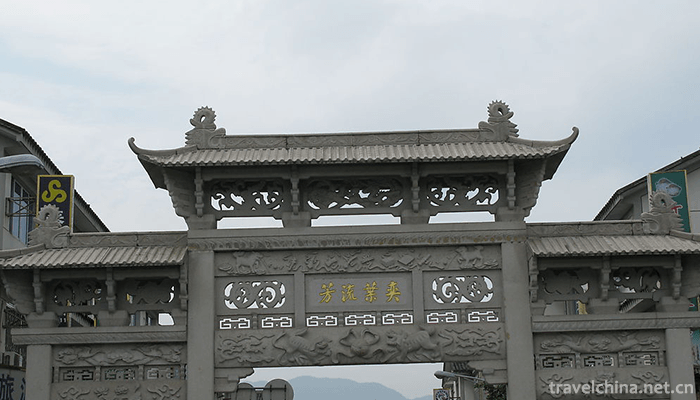
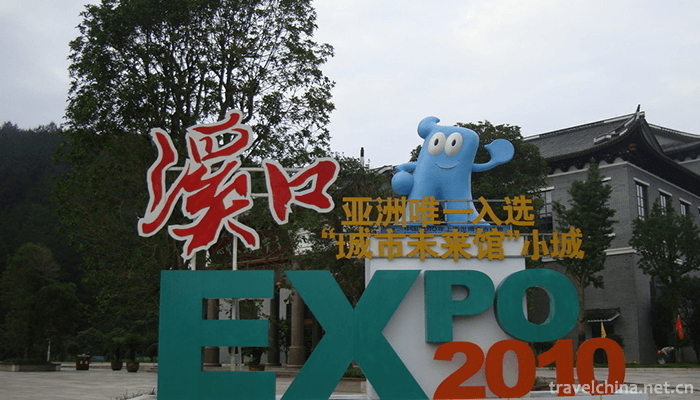
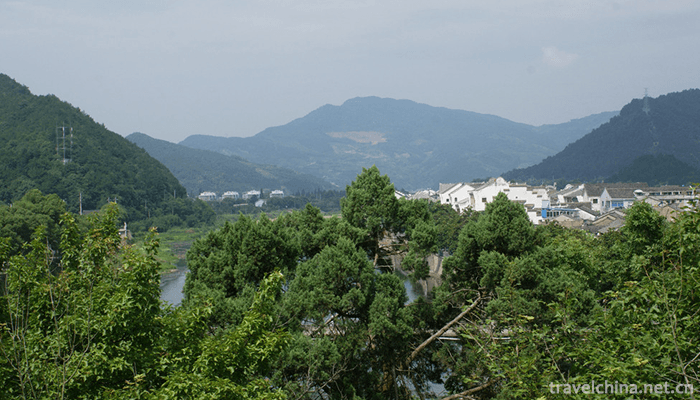
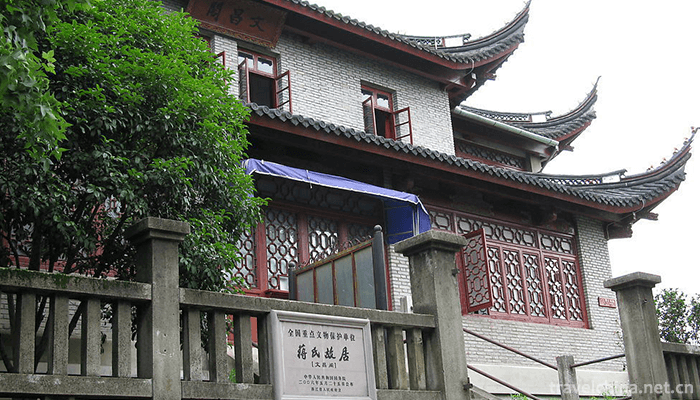
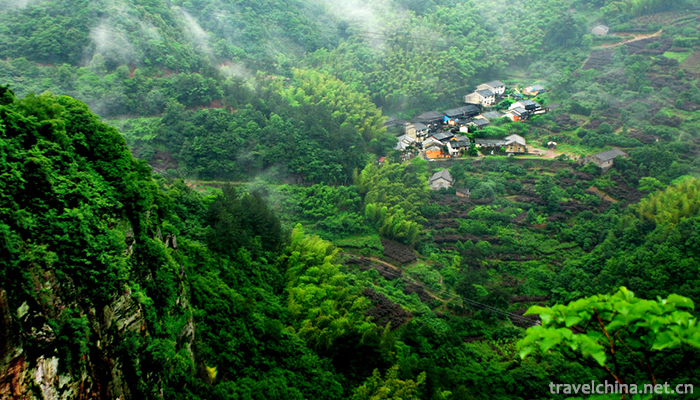
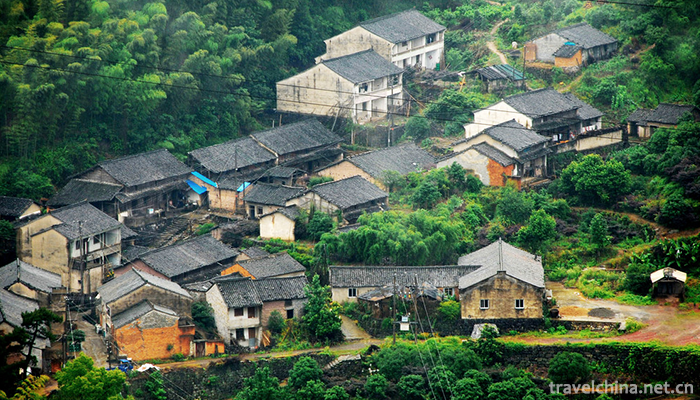
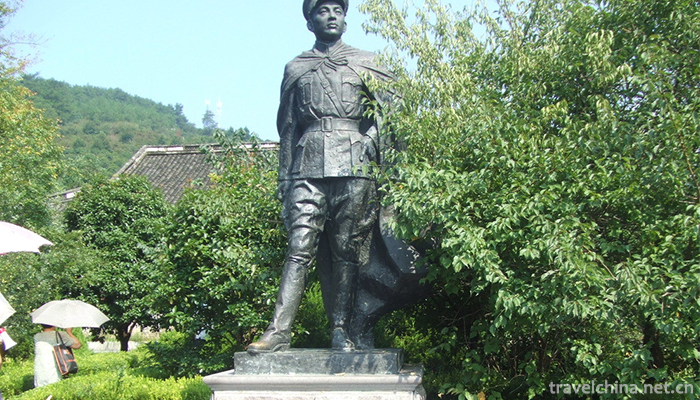
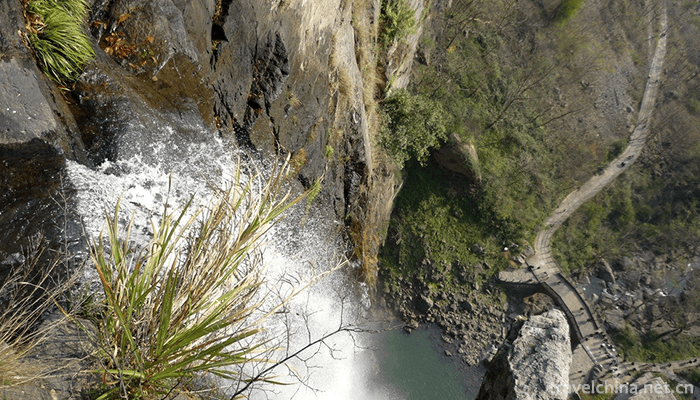
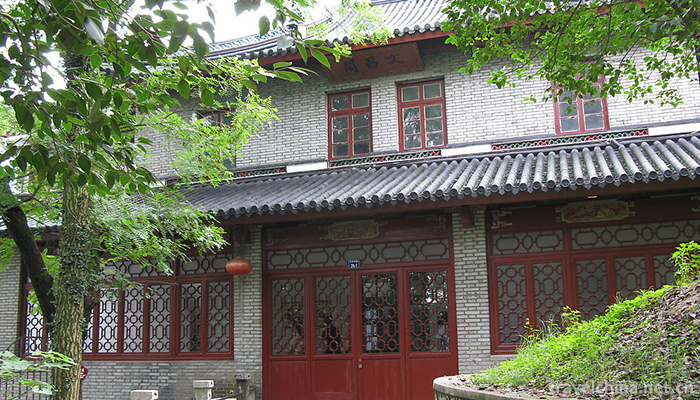
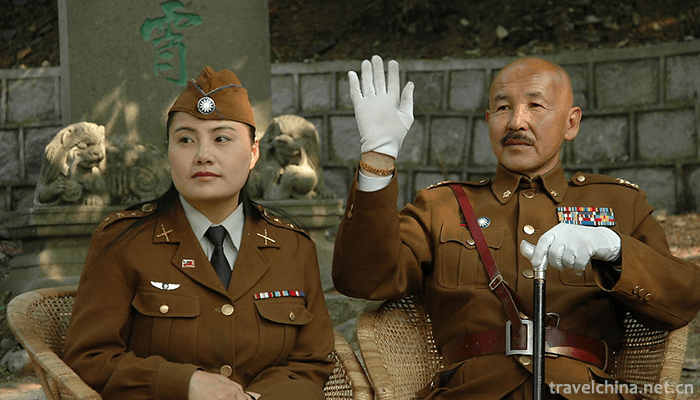
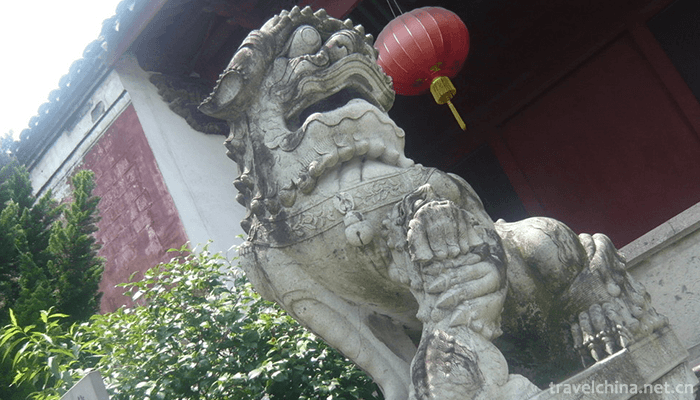
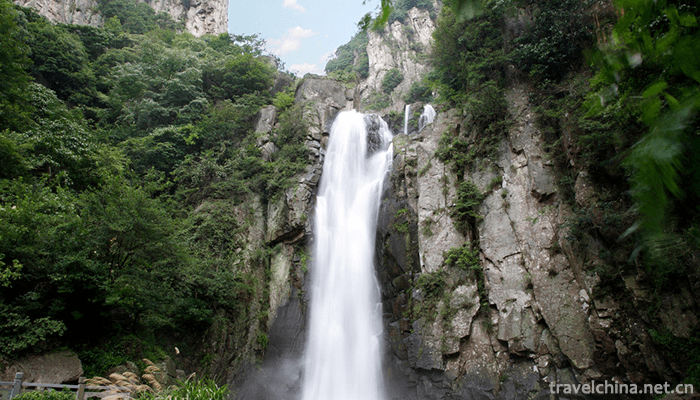
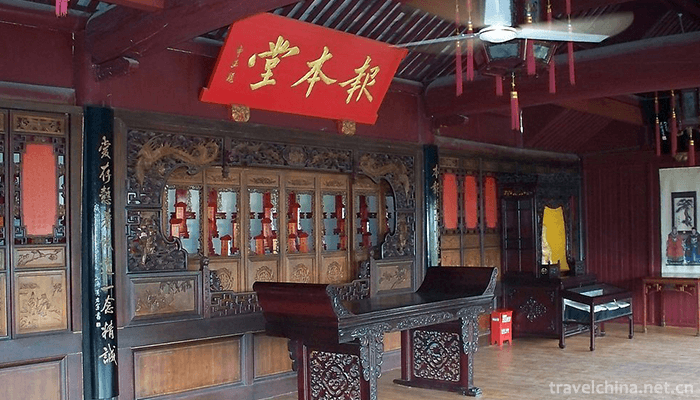
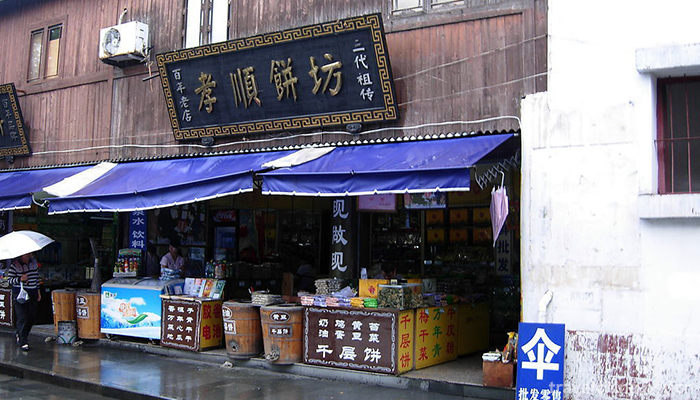
Ask a Question
Your email address will not be published.
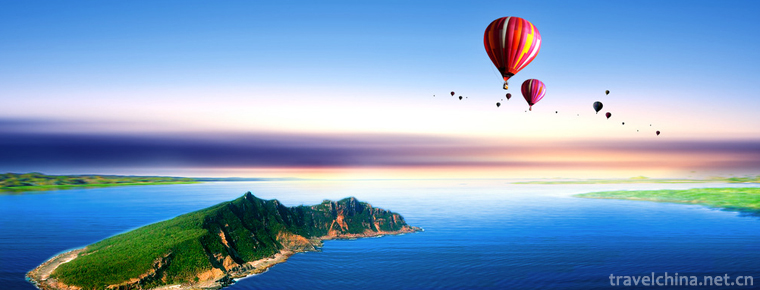
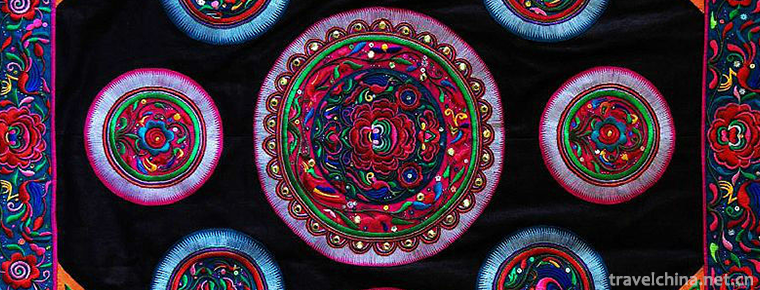
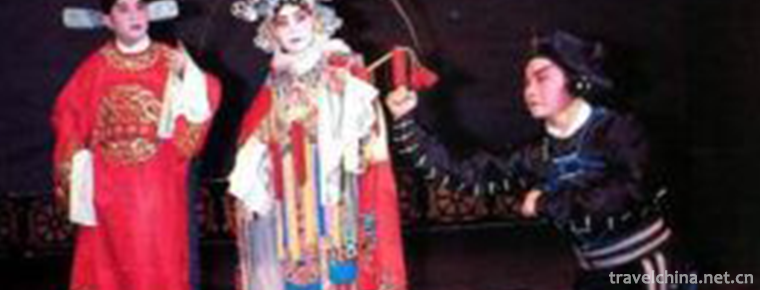
0 Questions